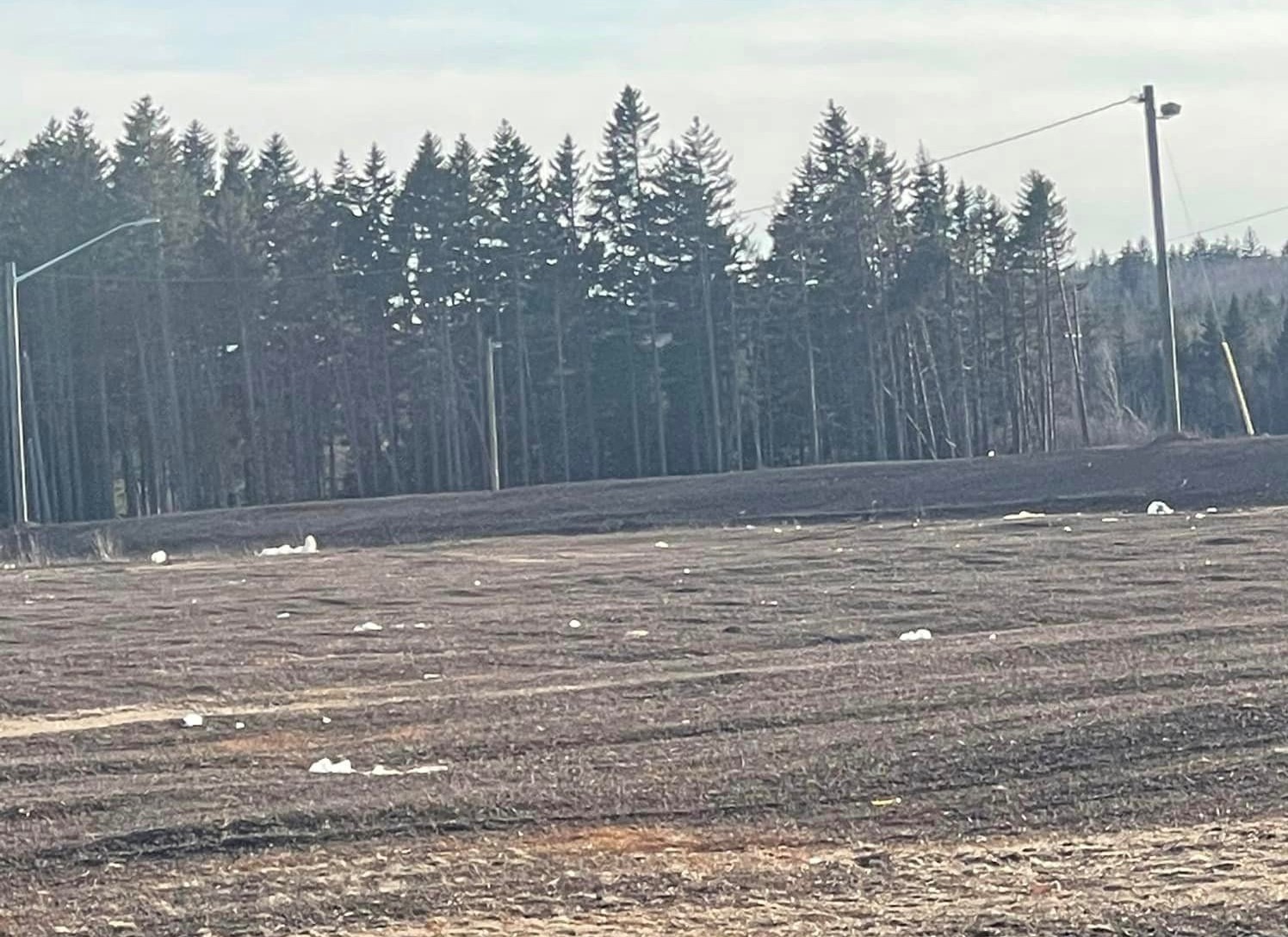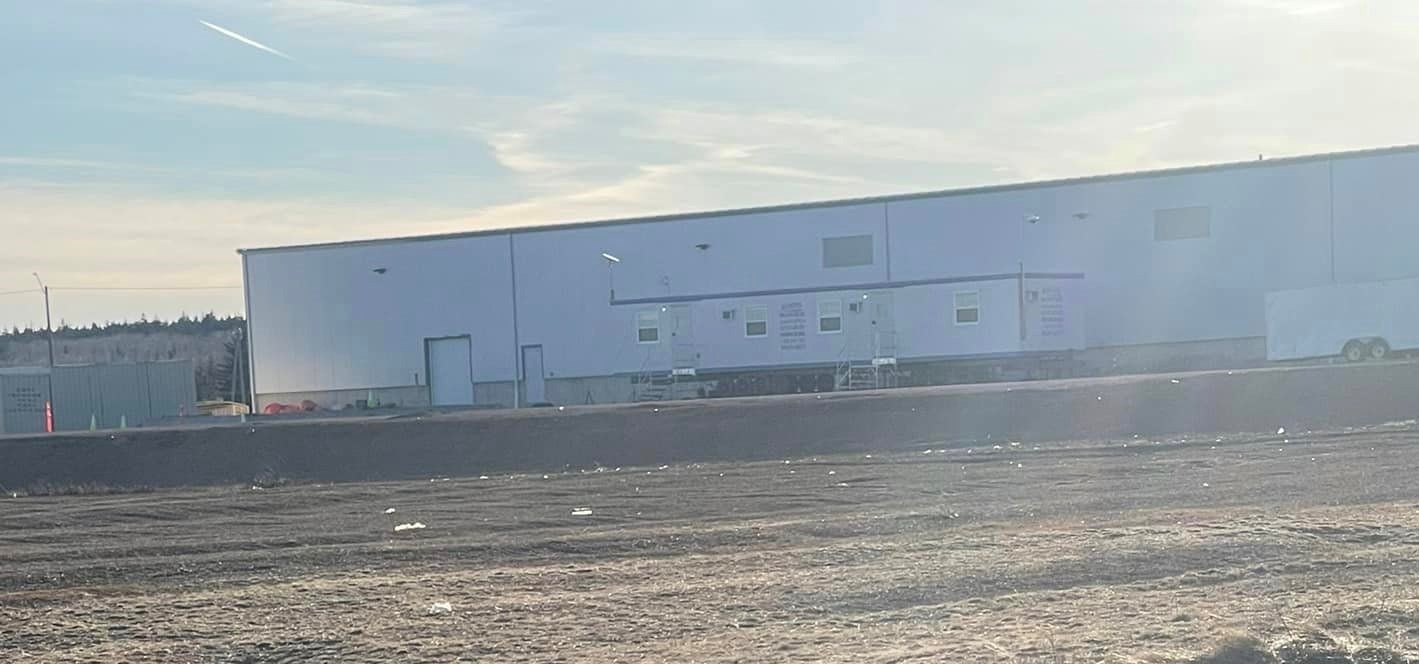AIL Plastics Plant's Environmental Impact on Neighbouring Areas Raises Concerns

In recent times, the discussion surrounding the responsible and ethical behaviour of corporations has gained significant traction. As communities welcome new industries and businesses, the importance of maintaining a clean and healthy environment for all stakeholders is paramount. In light of this, the new AIL plastics manufacturing plant has come under scrutiny for its negative impact on a nearby blueberry field and adjacent properties.
AIL has been facing a backlash on social media for allowing a variety of plastic bags and garbage to spread into neighbouring properties. This incident should alarm local farmers and environmentalists, as plastic pollution poses a threat to the quality of crops, waterways, the local ecosystem, and wildlife.

Moreover, during the main construction phase of the facility, a considerable amount of dust blew onto adjacent properties. This caused distress among nearby residents who expressed concerns about the potential health risks and damage to their property. Dust can cause respiratory and other problems.
Responsible corporate behaviour is essential to build trust and maintain harmony within the communities where businesses operate. This includes taking necessary precautions to prevent pollution and ensuring minimal negative impact on the surrounding environment. AIL’s recent actions are at odds with this ethos, drawing attention to the need for a more conscientious approach.
It is crucial for AIL to take immediate corrective measures and implement long-term strategies to prevent future occurrences of such incidents. This may include:
- Conducting a thorough investigation into the spread of plastic bags and garbage in the blueberry fields, followed by swift cleanup efforts.
- Implementing a robust waste management system to prevent future pollution of the environment.
- Establishing an effective dust control plan during construction and manufacturing processes to mitigate the impact on neighbouring properties.
- Engaging in open dialogue with the community to address concerns and foster trust through transparency.
- Collaborating with local environmental groups (who have to date been uninterested in this project for some reason) to monitor the impact of the plant on the environment and implement best practices.
The dust and plastic pollution that has already come from the AIL plant prior to opening is a bad omen for some of the other potential future risks such as air pollution from melting plastic, water pollution into the underlying aquifer and/or nearby Town reservoir and from the on-site effluent storage tanks and processes, along with fire hazards from plastics fires.
Prior to the plastics manufacturing plant construction, citizens (including engineers and biologists) expressed a variety of concerns to the Sackville Town Council, MLA, Sackville Climate Change Committee, and NB Govt which largely went ignored.